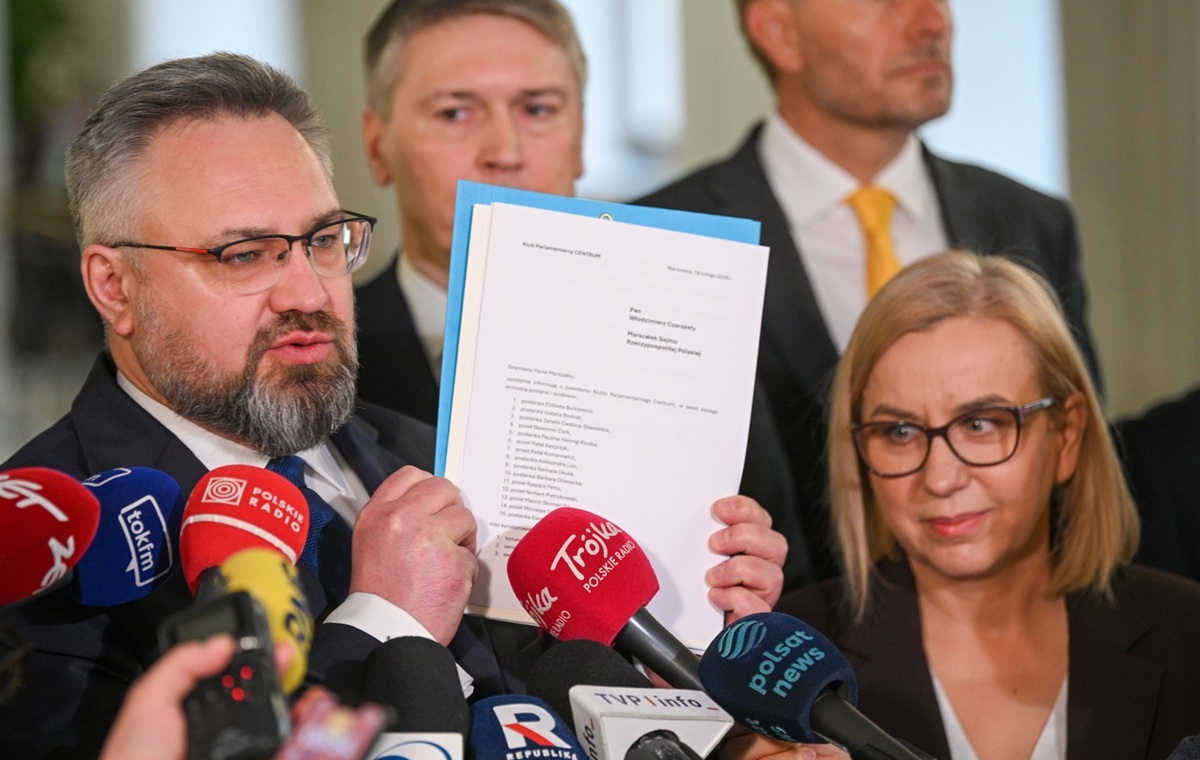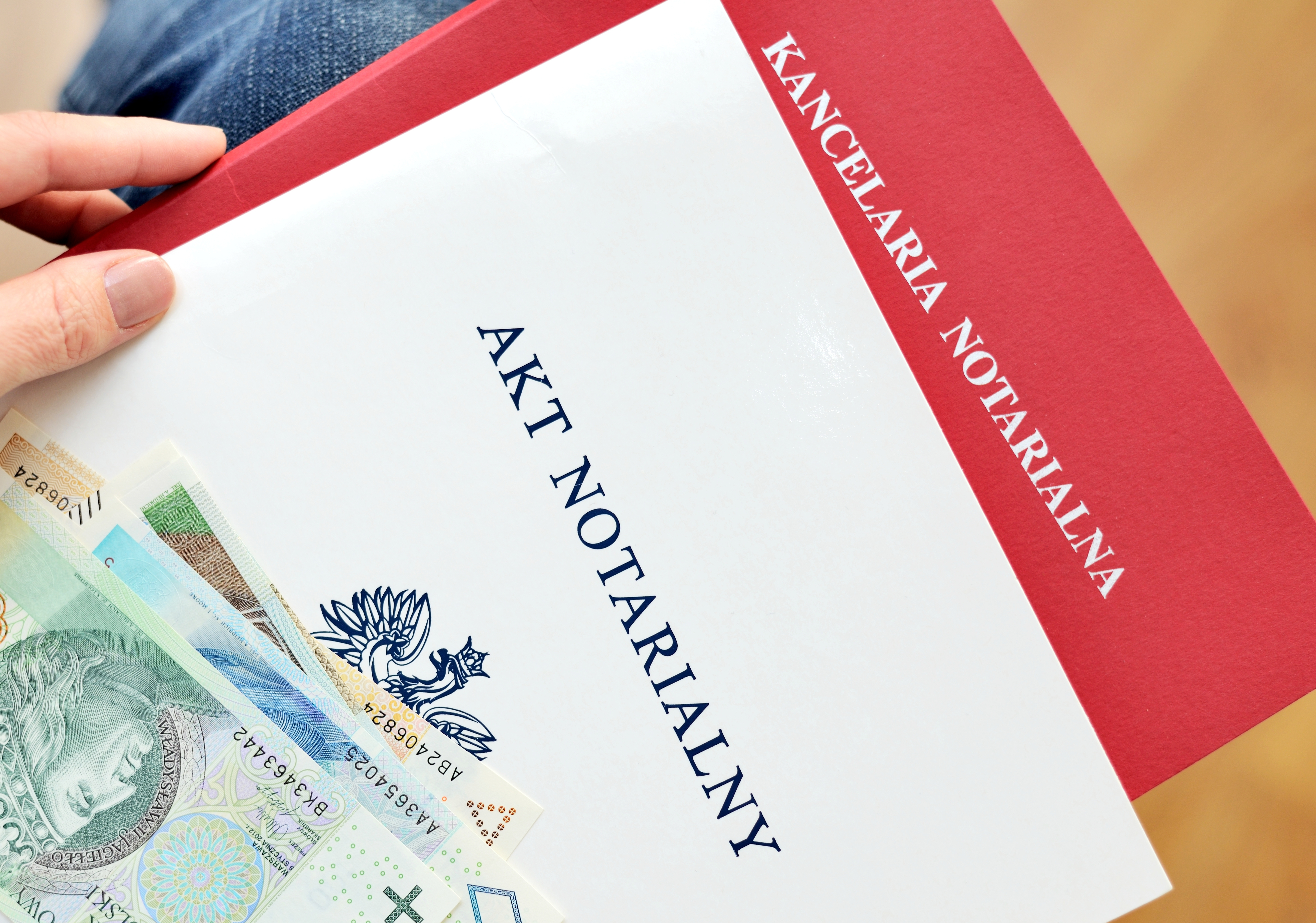
EU Court Rulings 'Castrate’ Nations’ Asylum Control, Warns Top German Expert
Authored by Thomas Brooke via Remix News,
The European Court of Justice (ECJ) has carried out a “migration policy castration of the EU member states,” German constitutional lawyer Prof. Markus C. Kerber warned following a landmark asylum ruling that critics say strips national governments of the ability to manage their own borders.

The ruling, handed down in Luxembourg on Friday, states that a third country may only be designated as a “safe country of origin” if it offers effective protection to all population groups — and that this designation must be based on transparent, public information accessible to asylum seekers and the courts. Otherwise, fast-track returns are invalid.
The judgment has major implications for national migration policies, particularly in countries like Italy and Austria that have drawn up their own lists of safe third countries. In the specific case reviewed, two Bangladeshi migrants had been transferred to Albania under Italy’s agreement to process asylum claims outside the EU. Their claims were dismissed on the grounds that Bangladesh was safe, but the Italian law did not cite any sources, which the European Court ruled was a violation of EU law.
Prof. Kerber, a Berlin-based constitutional expert, accused the Court of overreach.
“The strengthening of the judiciary by the ECJ for all cases of reviewing asylum applications leads to the castration of EU member states’ migration policy,” he said in an interview with Austrian media outlet, exxpress.
“The public will increasingly perceive the EU as an entity acting against its own citizens.”
He warned that the court was imposing an “overly bureaucratized procedure” that would make meaningful control over migration impossible. “Social systems are bursting,” Kerber said. “And the willingness of the majority of society to accept refugees is declining drastically.”
“What will happen if suddenly 3 million people from an unsafe country of origin appear at our border? Should we then accept them all?” he asked.
Kerber is a constitutional lawyer and professor of public finance and political economy at the Technical University of Berlin. He also serves as a visiting professor at Sciences Po in Paris and has been involved in several high-profile legal cases, including a 2008 challenge to the Lisbon Treaty before Germany’s Constitutional Court. He is the founder of the Berlin-based think tank Europolis, which advocates for market-based reforms within the European Union.
The Court’s ruling is also likely to undermine similar policies elsewhere in Europe. Austria’s safe country list includes nations such as Algeria, Morocco, Ghana, and Serbia, but legal experts warn these could now be challenged if minorities within those countries are found to be at risk. Going forward, all such designations must be based on current, verifiable, and publicly available data.
Andreas Rosenfelder, editor at Welt, called the ruling an act of “do-gooder justice” that sacrifices the rights of EU citizens in the name of universal morality. “This moralized judiciary would rather negotiate the injustices of the world than defend its own population,” he wrote. “If this impression continues to harden, then the citizens will choose a different Europe with a different judiciary.”
Responding to Friday’s ruling, Italian Prime Minister Giorgia Meloni expressed her outrage at the latest example of a supranational judiciary meddling in the domestic affairs of a member state.
Posting on social media, Meloni wrote, “The decision of the EU Court of Justice regarding the safe countries of origin for illegal migrants is surprising. Once again, the judiciary, this time at the European level, claims spaces that do not belong to it.
“This is a development that should concern everyone, including the political forces that today celebrate the ruling, because it further reduces the already limited margins of autonomy for governments and parliaments in shaping the normative and administrative direction of the migration phenomenon.
“The Court’s decision weakens policies aimed at countering mass illegal immigration and defending national borders. The Italian Government, for the 10 months remaining until the EU migration pact takes effect, will not cease to seek every possible solution, technical or normative, to protect the safety of citizens.”
Deputy Prime Minister Matteo Salvini called the ruling “another slap in the face to our country’s national sovereignty, yet another incentive for limitless landings, yet another confirmation not only of the uselessness but also of the harmfulness of European institutions of this kind, which are paid for by Italian citizens who, however, are constantly humiliated.”
Read more here…
Tyler Durden
Tue, 08/05/2025 – 02:00
















![Tragiczny pożar domu w Kaletach [ZDJĘCIA][WIDEO]](https://miejska.pl/wp-content/uploads/2026/02/kalety-3.jpg)

